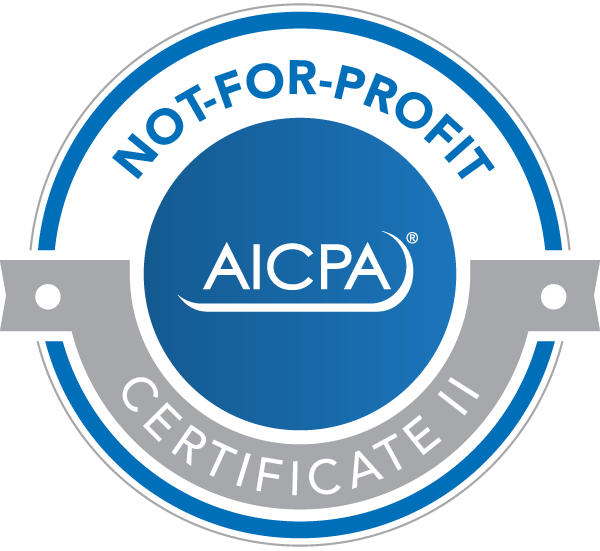If you have student loan debt, you may wonder if you can deduct the interest you pay. The answer is yes, subject to certain limits. However, the deduction is phased out if your adjusted gross income exceeds certain levels. The maximum amount of student loan interest you can deduct per year is $2,500. For 2021, […]
Author Archive | James B. Reynolds
There’s currently a “stepped-up basis” if you inherit property — but will it last?
If you’re planning your estate, or you’ve inherited assets, you may not know the “basis” for tax purposes. Under the current rules (known as the “step-up” rules), an heir receives a basis in inherited property equal to its date-of-death value. For example, if your grandmother paid $500 for stock in 1935 and it’s worth $1 […]
Can taxpayers who manage their own investment portfolios deduct related expenses? It depends
Do you have significant investment-related expenses, including subscription costs and home office expenses? Under current tax law, these expenses aren’t deductible through 2025 if they’re considered investment expenses for the production of income. But they’re deductible if they’re considered trade or business expenses. The U.S. Tax Court has developed a 2-part test that must be […]
IRS Audits May be Increasing so be Prepared
The IRS just released audit statistics for the 2020 fiscal year and fewer taxpayers had their returns examined compared with prior years. Overall, just 0.5% of individual returns were audited. Historically, this is very low. However, even though a small percentage of returns are being audited these days, that will be little consolation if yours […]
Are you a nonworking spouse? You may still be able to contribute to an IRA
Married couples may not be able to save as much as they need for retirement when one spouse doesn’t work outside the home. An IRA contribution is generally only allowed if you earn compensation. But an exception exists. A spousal IRA allows a contribution for a nonworking spouse. For 2021, a couple can contribute $6,000 […]
Seniors may be able to write off Medicare premiums on their tax returns
Are you age 65 and older and have basic Medicare insurance? You may need to pay additional premiums to get the level of coverage you want. The premiums can be expensive, especially if you’re married and both you and your spouse are paying them. But there may be a bright side: You may qualify for […]
Tax-favored Ways to Build Up a College Fund
If you’re a parent with a college-bound child, you may want to save with tax-favored vehicles. For example, if used to finance college, eligible families don’t have to report the interest on Series EE U.S. savings bonds for federal tax purposes until the bonds are cashed in. And interest on “qualified” Series EE (and Series […]
Retiring Soon? 4 Tax Issues You May Face
If you’re getting ready to retire, you’ll soon experience changes that may have tax implications. For example, if you sell your principal residence to downsize and you have a gain from the sale, you may be able to exclude up to $250,000 of the gain from your income ($500,000 if filing jointly). You may have […]
Plan ahead for the 3.8% Net Investment Income Tax
High-income taxpayers face a 3.8% net investment income tax (NIIT) that’s imposed in addition to regular income tax. The NIIT applies only if modified adjusted gross income (MAGI) exceeds: $250,000 for married taxpayers filing jointly and surviving spouses; $125,000 for married taxpayers filing separately; and $200,000 for unmarried taxpayers and heads of household. The amount […]
Many parents will receive advance tax credit payments beginning July 15
Eligible parents will soon receive payments from the federal government by direct deposit, paper check or debit card. The IRS announced that the 2021 advance child tax credit (CTC) payments, which were created in the American Rescue Plan Act, will begin July 15, 2021, and run through Dec. 15, 2021. Payments will get up to […]







